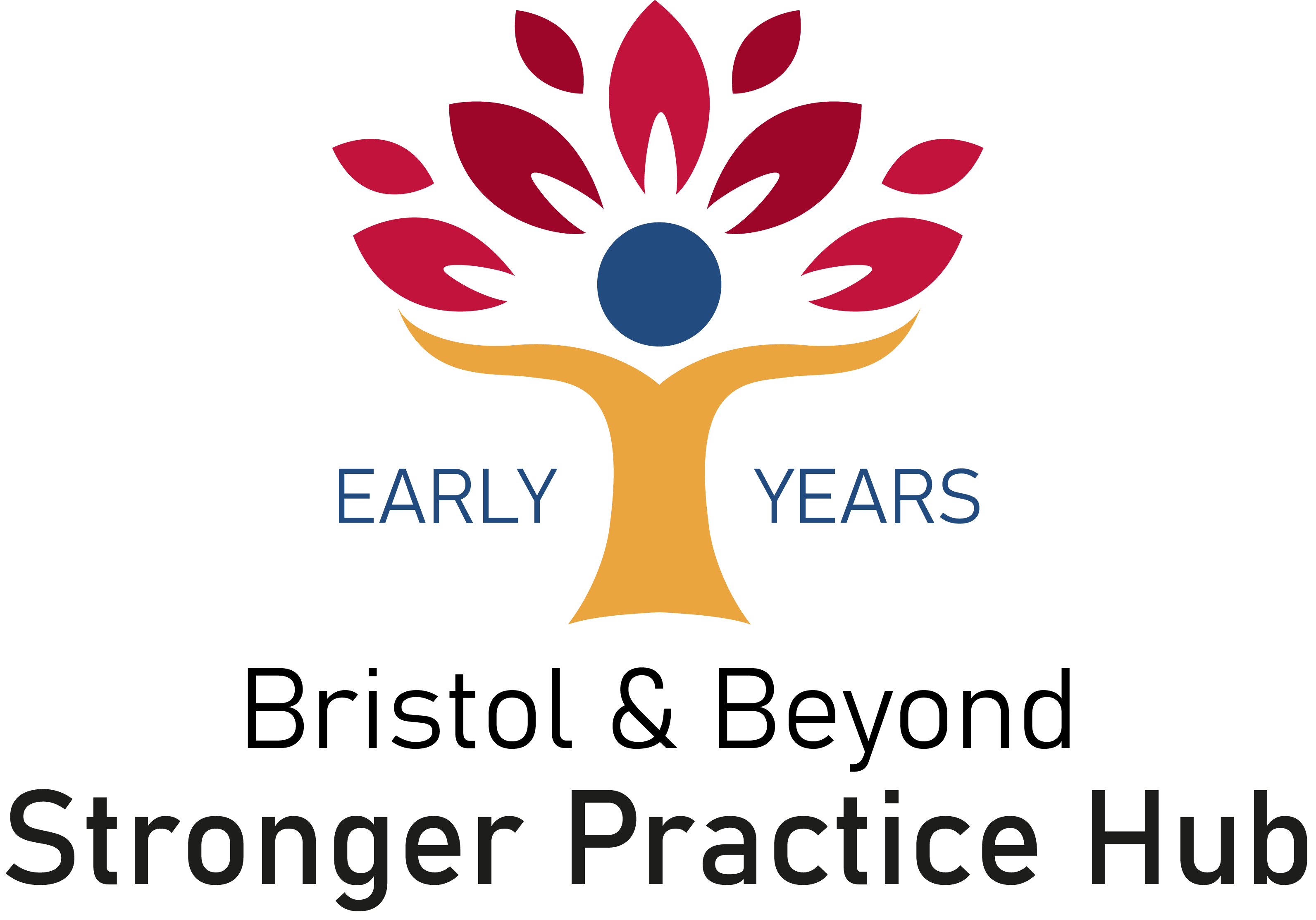
Teaching Self-Advocacy Skills to Our Young Children Today to Change the Societal Attitudes of Tomorrow by Jenna Jefferies
In this blog, we explore changing narratives for children with disabilities and how to empower them to advocate for themselves. For too long, compliance has been the only goal for children with developmental differences and needs in education and society. Neurodivergent and disabled children have learned to suppress their traits, differences, and individual bodily signals, conforming to societal expectations and instructions.
Self-advocacy and children’s rights
Self-advocacy can be described as standing up for yourself and representing your own views and interests. It involves communicating your wants and needs. All children have a right to have their voices heard and needs recognised and met. Children’s rights to be heard on matters which affect them is embedded into global and national policy and guidance (UNICEF, 1989).
One of the underlying principles of the Special Educational Needs and/or Disabilities (SEND) Code of Practice (CoP) (Department for Education (DfE), 2015) is for children to be involved in decision-making about their individual support. However, with no clear guidance on how to do this, it can often become a tokenistic attempt or missed entirely, particularly when working with non or minimally speaking children and young people.
Ideologies in policy can become misinterpreted or lose significance in translation from policymakers to educational providers (Devarakonda, 2013). In addition, children with developmental differences or disabilities face additional risk of exploitation and are twice as likely to have a child protection plan (Department for Education, 2024; Safeguarding Network, 2024).
Research from autistic adults indicates that the early intervention they had been subjected to as children, which saw forceful physical prompting, communication attempts ignored, and communication methods removed completely, has had profound and lasting effects on their mental health and well-being (Kirkham, 2017). This highlights the growing importance of children not only learning how to advocate for themselves but also feeling confident, empowered and equipped with the skills to do so.
Read More
